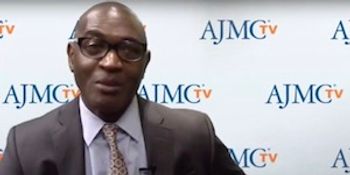
Based on CMMI's year 1 feedback on OCM, it is clear that a lot of planning is needed and education is crucial, said Terrill Jordan, CEO, of Regional Cancer Care Associates.

Based on CMMI's year 1 feedback on OCM, it is clear that a lot of planning is needed and education is crucial, said Terrill Jordan, CEO, of Regional Cancer Care Associates.

As people get more empowered and more informed with data, such as their own electronic medical records, they will utilize the information to do better for themselves and improve their health, said Lucio Gordan, MD, of Florida Cancer Specialists.
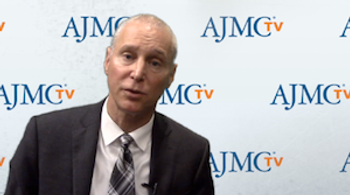
Pharmaceutical companies would like to see value-based contracts that are multi-year and over large populations, said Ira Klein, MD, MBA, FACP, senior director of healthcare quality strategy for the Strategic Customer Group at Janssen Pharmaceuticals.
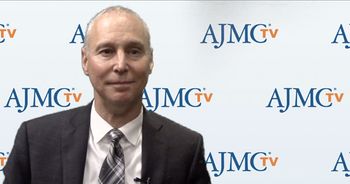
The healthcare industry is getting better at creating value-based drug pricing arrangements, and even if they never dominate the market, there will always be a place for these contracts, said Ira Klein, MD, MBA, FACP, senior director of healthcare quality strategy for the Strategic Customer Group at Janssen Pharmaceuticals.

Tuple Health, a healthcare technology startup, interviewed some of the stakeholders participating in value-based care delivery and OCM, to gain their perspective of the state of cancer care and healthcare reform. The results were presented at the Community Oncology Alliance Payer Exchange Summit on Oncology Payment Reform.

Representatives from 3 payers who partnered with providers on the Oncology Care Model (OCM) took the stage at Community Oncology Alliance (COA)’s Payer Exchange Summit on Oncology Payment Reform to outline their experience with OCM and how it has differed from other care models.
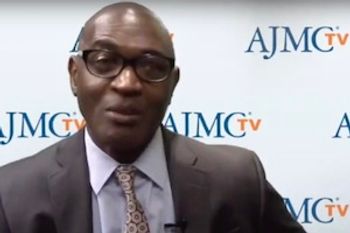
Education is key to succeed in the Oncology Care Model, but presenting data in a simple format for clinicians to use is also critical, said Terrill Jordan, CEO, of Regional Cancer Care Associates.

Before physicians will be more willing to take on 2-sided risk, there needs to be clearer metrics that the physicians know will be achievable, said Sarah Cevallos, chief revenue cycle officer at Florida Cancer Specialists.

Implementing OCM has presented several challenges, such as manually submitting data, keeping up with status of therapy, and billing, said Jeff Patton, MD, CEO of Tennessee Oncology.

The implementation of the Oncology Care Model has brought profound culture changes to how oncologists take care of patients and how they operate practices, explained Lucio Gordan, MD, of Florida Cancer Specialists.

With the Oncology Care Model now in its second year, 3 representatives discussed learnings and how the program can change, as well as incentivizing physicians to accept 2-sided risk, the ability to engage additional payers, and the future of oncology bundle payments.

Participants from 2 oncology community practices—an oncologist–administrator combination—shared their experience with implementing the Oncology Care Model (OCM) with attendees at the Community Oncology Alliance’s Payer Exchange Summit on Oncology Payment Reform, held October 23-24, in Tysons Corner, Virginia.
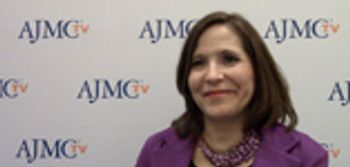
The Community Oncology Alliance (COA) is forging ahead with its COA Patient Advocacy Network (CPAN), says Rose Gerber, director of patient advocacy for COA. The network’s major focuses include increasing its presence and making it easier for community practices to get involved.
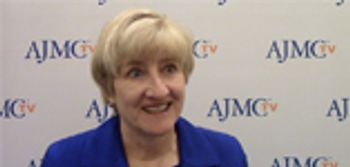
As more practices adopt the COME HOME model, they are adapting it to fit their needs, explained Barbara McAneny, MD, chief medical officer of New Mexico Oncology Hematology Consultants. However, some practices may not have the resources to keep up with data collection requirements while ramping up clinical interventions.
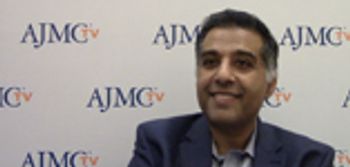
As practices adopt the Oncology Care Model, practices should consider how this change will influence the practice and make efforts to continue engaging with the staff during this process, said Basit Chaudhry, MD, PhD, founder of Tuple Health.

As a cancer survivor, Rose Gerber, director of patient advocacy for the Community Oncology Alliance, is personally aware of the many long-term issues that can arise during survivorship. These can include physical effects like bone health and emotional issues like the fear of recurrence.
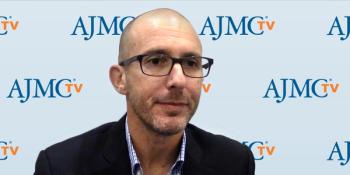
Oncologists envision a move towards using data to become a learning health system, which is aided by the changing landscape emphasizing quality and value, explained Bobby Green, MD, MSCE, senior vice president of clinical oncology at Flatiron Health.

The uncertainty in the political climate, along with the limited authority of the Health Resources and Services Administration within HHS, makes it difficult to predict whether the 340B program will be reformed in coming years, according to Leah Ralph, director of health policy at the Association of Community Cancer Centers.

When MedPAC released several proposals to control Part B reimbursement costs, the ideas within them were not a surprise, explained Leah Ralph, director of health policy at the Association of Community Cancer Centers (ACCC). However, the ACCC has some concerns about how these proposals could impact cancer patients’ access to care.
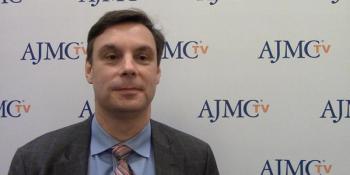
Although Daniel George, MD, of the Duke Cancer Institute, sees value in cancer vaccines and expects they will start showing more benefit to patients, he acknowledges that a barrier to widespread use of cancer vaccines is that they don't show an immediate response.

There are 2 main ways big data has helped to advance cancer care, but the lack of interoperability in the United States limits some of the data that can be analyzed for quality purposes, explained Bobby Green, MD, MSCE, senior vice president of clinical oncology at Flatiron Health.

Negotiations among House Republicans have led to a compromise that would amend the American Health Care Act and the Association of Community Cancer Centers (ACCC) is concerned the amendment would undermine patient protections that are important for people with cancer, said Leah Ralph, director of health Policy at ACCC.

Is rubber meeting the road with big data in cancer care? “No…rather, not yet,” Green said at the 2017 Community Oncology Conference, April 26-27, held at the Gaylord National Hotel and Convention Center in National Harbor, Maryland.

Basit Chaudhry, MD, PhD, founder of Tuple Health, discussed the feedback he's heard from practices about the Oncology Care Model and how these opinions could be used to guide potential changes.

Christian Downs, MHA, JD, executive director of the Association of Community Cancer Centers, explains how the oncology workforce shortage needs to be addressed by both bringing talented doctors from abroad and raising the next generation in the United States.

Community oncologists believe that they are in a very good position to lead the way to achieve the goals of Cancer Moonshot.

At the 2017 Community Oncology Conference, practice administrators from 2 community clinics discussed the changes they made to their practice to accommodate the reporting requirements of the Oncology Care Model (OCM), and the follow-up planned as they work to implement changes.

When the COA Patient Advocacy Network converged on Capitol Hill on April 26, 50 advocates were able to discuss their concerns with a number of issues facing patients with cancer, including 340B and clinic consolidation, explained Rose Gerber, director of patient advocacy for the Community Oncology Alliance (COA).

At the 2017 Community Oncology Conference, participants discussed the impact of pharmacy benefit managers (PBMs) on oncology drug prices and patient access to much needed treatments.

The playing field regarding Medicare reimbursement and drug pricing has to be leveled between hospitals and community oncologists in order for physicians to compete for patients on the basis of the quality of care they provide,

259 Prospect Plains Rd, Bldg H
Cranbury, NJ 08512
© 2025 MJH Life Sciences®
All rights reserved.
